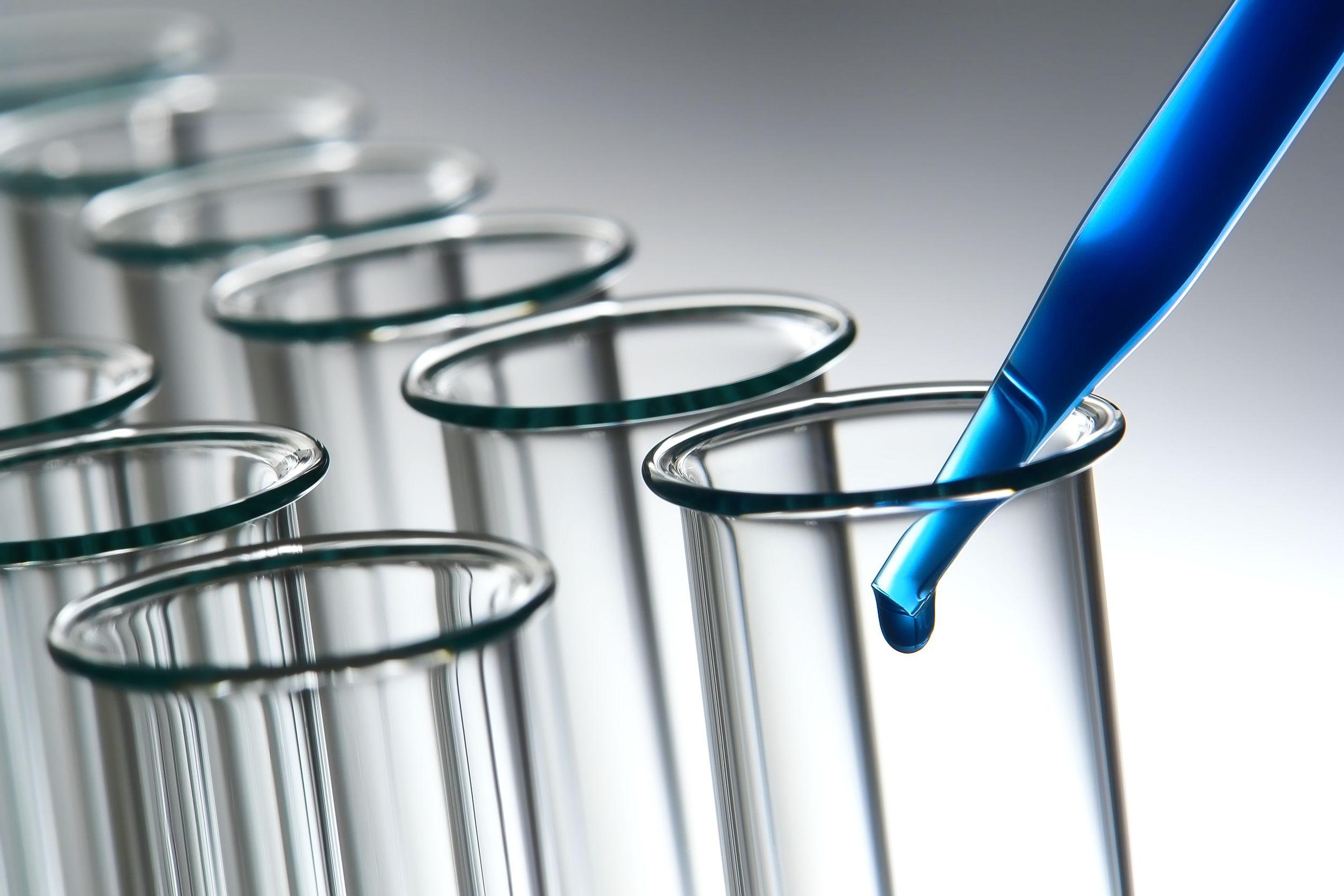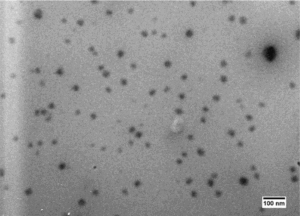In the rapidly evolving world of healthcare, diagnostic research stands as a beacon of progress and innovation. This field, at the intersection of medical science and technology, plays a crucial role in reshaping the landscape of healthcare. Through advanced diagnostic techniques and groundbreaking research, it has significantly improved patient care and treatment outcomes. This blog post delves into the transformative power of diagnostic research in modern medicine.
The Foundation of Modern Healthcare: Diagnostic Research
Diagnostic research forms the cornerstone of modern medical practice. It’s the process of identifying diseases and conditions through various tests and examinations, providing the information necessary for effective treatment and management.
Revolutionizing Disease Detection
Early and accurate disease detection is vital in healthcare. Diagnostic research has revolutionized this aspect by developing methods that can identify diseases long before symptoms appear, dramatically improving the chances of successful treatment.
The Impact on Treatment Strategies
The advancements in diagnostic research have led to more personalized and targeted treatment strategies. By understanding the specific nature of a disease in an individual, healthcare providers can tailor treatments to maximize effectiveness while minimizing side effects.
Cutting-Edge Technologies in Diagnostic Research
Technological advancements have significantly contributed to the progress in diagnostic research.
Molecular Diagnostics: A Game Changer
Molecular diagnostics, which involves analyzing DNA, RNA, and proteins, has been a game-changer. It allows for the detection of genetic mutations and markers that can indicate the presence of certain diseases, such as cancer.
The Rise of Digital Pathology
Digital pathology, which involves digitizing tissue samples for easier analysis, has enhanced the accuracy and efficiency of disease diagnosis. It allows pathologists to examine samples more thoroughly and share findings quickly with other experts.
The Role of AI and Machine Learning
Artificial Intelligence (AI) and machine learning are playing increasingly prominent roles in diagnostic research.
Enhancing Diagnostic Accuracy
AI algorithms can analyze medical images, such as X-rays and MRIs, with remarkable precision, often detecting subtleties that might be missed by the human eye. This has led to improvements in diagnostic accuracy.
Predictive Analytics in Healthcare
Machine learning models are being developed to predict disease risk based on patient data. These models can alert healthcare providers to potential health issues before they become serious, enabling proactive management.
Diagnostic Research in Personalized Medicine
Personalized medicine, tailored to the individual patient’s genetic makeup and lifestyle, is becoming a reality thanks to diagnostic research.
Genomics and Personalized Treatment Plans
Advances in genomics have allowed for the development of personalized treatment plans. By understanding a patient’s genetic profile, doctors can predict how they will respond to certain medications, allowing for more effective and safer treatment regimens.
The Role in Chronic Disease Management
Diagnostic research has been particularly impactful in the management of chronic diseases such as diabetes and heart disease. Continuous monitoring and testing enable more effective long-term management strategies, improving patient outcomes.
Diagnostic Research and Public Health
The implications of diagnostic research extend beyond individual patient care to public health.
Early Detection of Epidemics
Diagnostic research plays a crucial role in identifying and managing infectious disease outbreaks. Rapid and accurate diagnostic tests are essential for controlling the spread of diseases like COVID-19.
Health Screening Programs
National health screening programs for diseases like breast cancer and colorectal cancer rely on diagnostic research to determine the most effective screening methods, saving countless lives through early detection.
Challenges and Ethical Considerations
While diagnostic research has brought numerous advancements, it also faces challenges and ethical considerations.
Access and Inequality
One of the significant challenges is ensuring equal access to advanced diagnostic tests. There is a risk that these technologies could widen health disparities if they are only available to a privileged few.
Ethical Use of Data
The ethical use of patient data is another concern. As diagnostic research relies heavily on patient data, ensuring privacy and consent is paramount.
The Future of Diagnostic Research
The future of diagnostic research holds immense potential, with several exciting prospects on the horizon.
Integration with Healthcare Systems
The integration of advanced diagnostic tools into standard healthcare systems is likely to continue, making state-of-the-art diagnostics a routine part of patient care.
Advancements in Precision Medicine
As research progresses, we can expect to see even more advancements in precision medicine. This will likely include the development of new diagnostic tests that can provide even more detailed insights into a patient’s health status.





